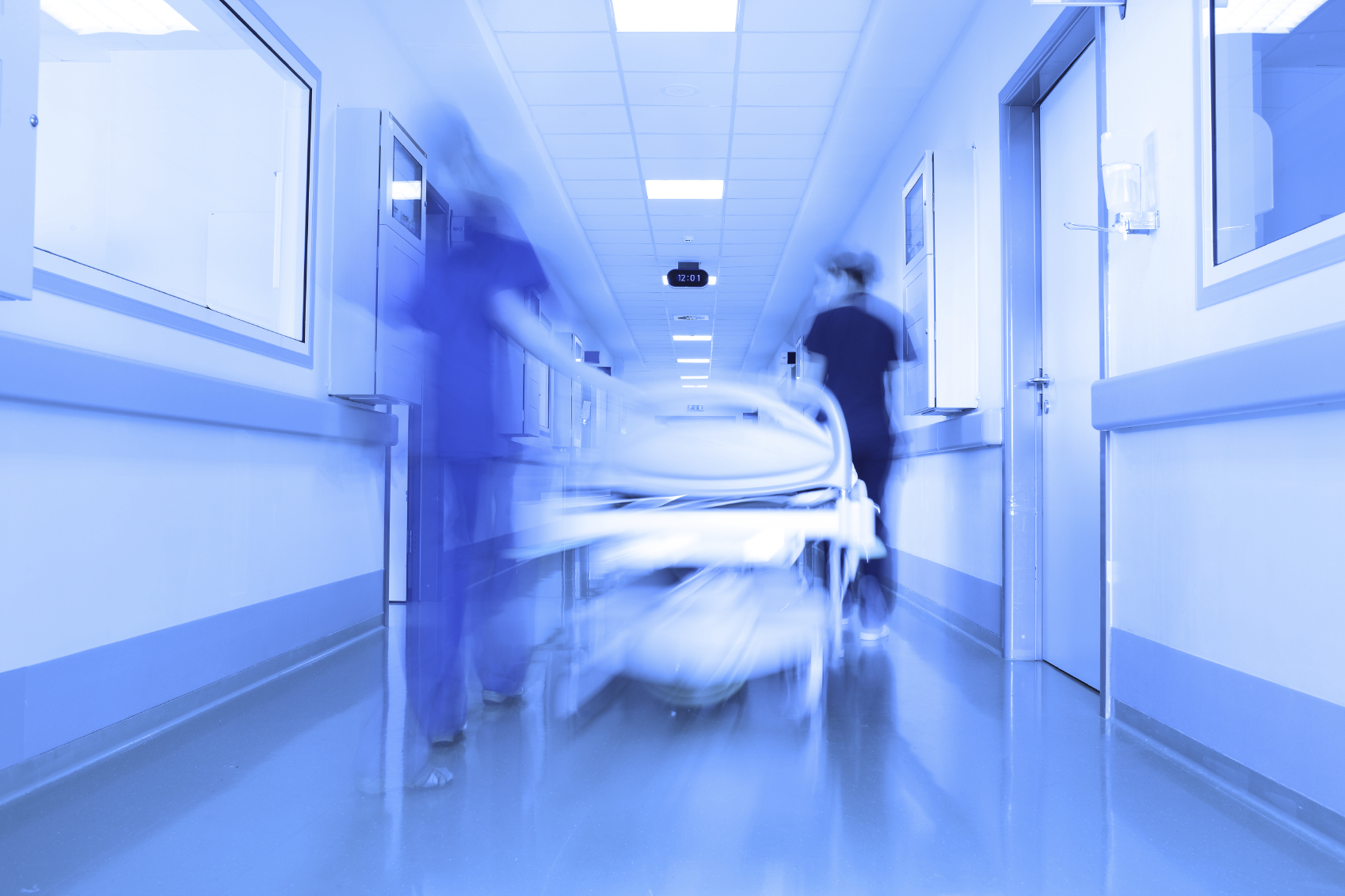FDA clears AI wearable to monitor hospital patients

An artificial intelligence (AI)-powered wearable, Current Health, has received clearance from the FDA for use in hospital care.
Current is a wireless device that continuously and automatically monitors patients to guide care, allowing clinicians to intervene earlier.
With an aging population and healthcare systems under pressure worldwide, providers in the US and UK use Current to change from reactive to proactive care, in a bid to try and improve patient outcomes.
The approach aims to help reduce unnecessary hospital readmissions for patients whose conditions deteriorate after treatment.
Readmissions are estimated to cost US hospitals more than $40 billion annually.
One hospital already using Current is Mount Sinai Brooklyn, which uses the system to detect whether patients are deteriorating.
Dr Scott Lorin, president of Mount Sinai Brooklyn, said: “The Mount Sinai Health System works with innovative and leading-edge companies like Current to support our commitment to providing world-class patient care. Current’s continuous and proactive monitoring platform has the potential to alert us to patient deterioration faster and give our team data insights they can act on earlier.”
Current’s algorithms continuously analyse data, along with relevant contextual patient information, to offer actionable and proactive insights into the wearer’s health. It links with third-party devices to capture additional metrics, building patient-specific digital therapeutics and recommendations.
It is used in the UK after patients return home from hospital, and users include Dartford and Gravesham NHS Trust, which serves a population of 500,000 people.
The organisation has used Current to reprioritise home visits, resulting in a 22% reduction in home visits and fewer readmissions and emergency department visits, freeing up nursing time and helping patients feel safe and secure.
Christopher McCann, CEO of Current, said: “At Current, we’re a small team of individuals committed to changing the world through proactive healthcare.
“Our team worked hard to get here, and it’s just the first step toward monitoring the health of every human being to identify sickness earlier with the goal of saving lives. Today, we’re in the hospital, tomorrow the home, and in the near future, we’ll be everywhere. We are just getting started.”












